A CHALLENGE TO DEFINE
Most people are under the impression that science is easy to define. After all, the word has some sort of a definition in the dictionary and even grade school textbooks offer definitions. Furthermore, since the word is used somewhat commonly, one might infer that it should be easy to determine whether something is science or not a science. Finally, since most of the definitions floating around in our society—especially those which students are called upon to memorize—link science to ‘the scientific method’, there must be a procedure that all scientists use and no one outside of science uses.
The following article is an excerpt from Devotional Biology: Learning to Worship the Creator of Organisms, Chapter 1.3, pgs. 25-29. The views expressed reflect those of the authors, and not necessarily those of New Creation.
In fact, none of these things are true. First of all, science is not easy to define. Even experts1 struggle to define it, and thus far no single definition has been agreed upon. Secondly, it is not always clear whether or not something is a science. There are certain things that everyone is satisfied labeling as science. There are many other things that everyone agrees should not be labeled as science. But there are still other things that some people label as science and other people label as non-science. Finally, there is, in fact, no single ‘scientific method’ that all scientists use, and most of the methods that are used by scientists are also commonly used by people outside of science.
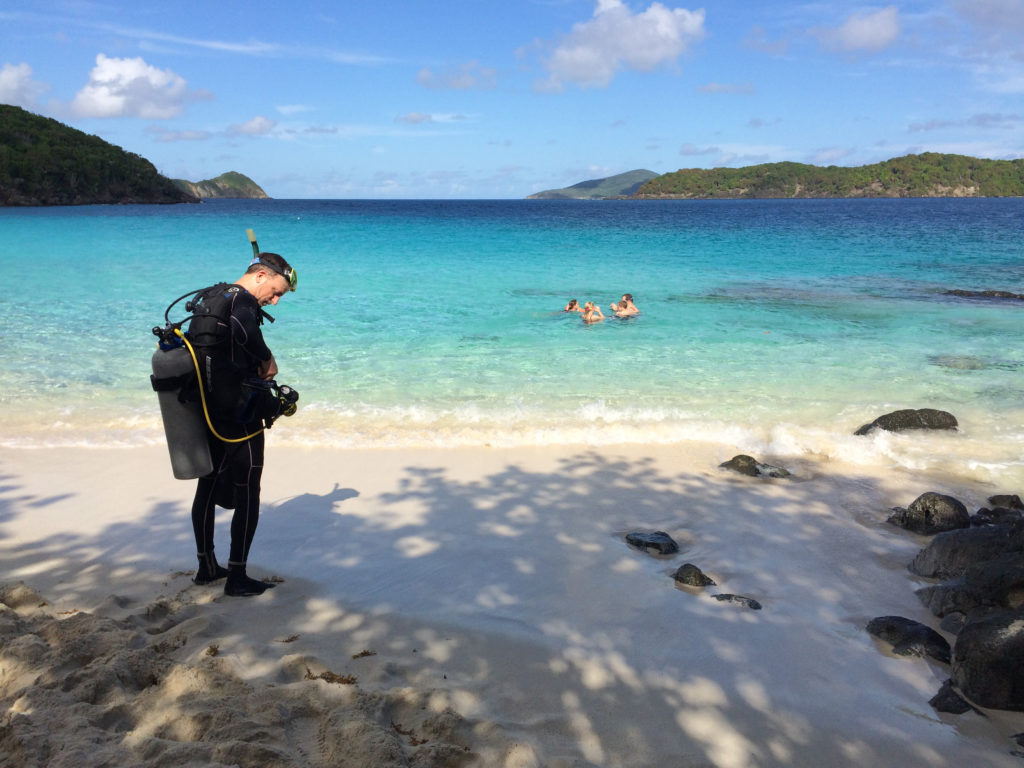
The whole story on how our society came to confuse the definition of science is long and complicated. Some of the confusion comes from the rather typical changes that occur in language, where words change meanings and words assume additional—often figurative—meanings. Some of the confusion also comes from the nature of science itself. After all, such a large variety of things are studied by science, and such a huge variety of people are scientists, that a simple definition might not be possible.
I suspect that the single most important cause for the confusion, however, has to do with the fallen nature of man, rather than the nature of science itself. In our society, scientists are held in very high regard. Many people find the esteem that comes with science to be an irresistible temptation. Some outside of science want the esteem for themselves, so they stretch the definition of science so they can call themselves scientists. Some within science want to preserve or increase the esteem they already receive, so they modify the definition of science in such a way that science is even more respectable than it really is. Some even want to exclude others from the esteem of science, so they modify the definition of science so that those other people fall outside the definition and can then be called non-scientists.
All this has produced a variety of inaccurate definitions of science. Not only has this led to overall confusion about the nature of science, but our society has come to cultivate (and teach our young people) an inaccurate understanding of the true nature of science.2
The Nature of Science
Simple definitions of science are probably not possible. After all, scientists come from a wide variety of cultural backgrounds and they study many different things (e.g. from the structure of the universe to the makeup of electrons, from minerals of rocks to the workings of the human brain, from the behavior of extinct dinosaurs to the cause of polio, from the cause of gravity to the process of evolution). Furthermore, there might actually be human activities that lie on the edge of science, being (validly) defined as science by some and excluded from science by others.
On the other hand, though the fringes of science might be difficult to define precisely, the vast percentage of science is universally accepted as science. And, though science is a broad discipline, there are characteristics that seem to be found across its entire breadth. Let us now consider what seem to be the most important of the characteristics found across all of science.
Something Humans Do…
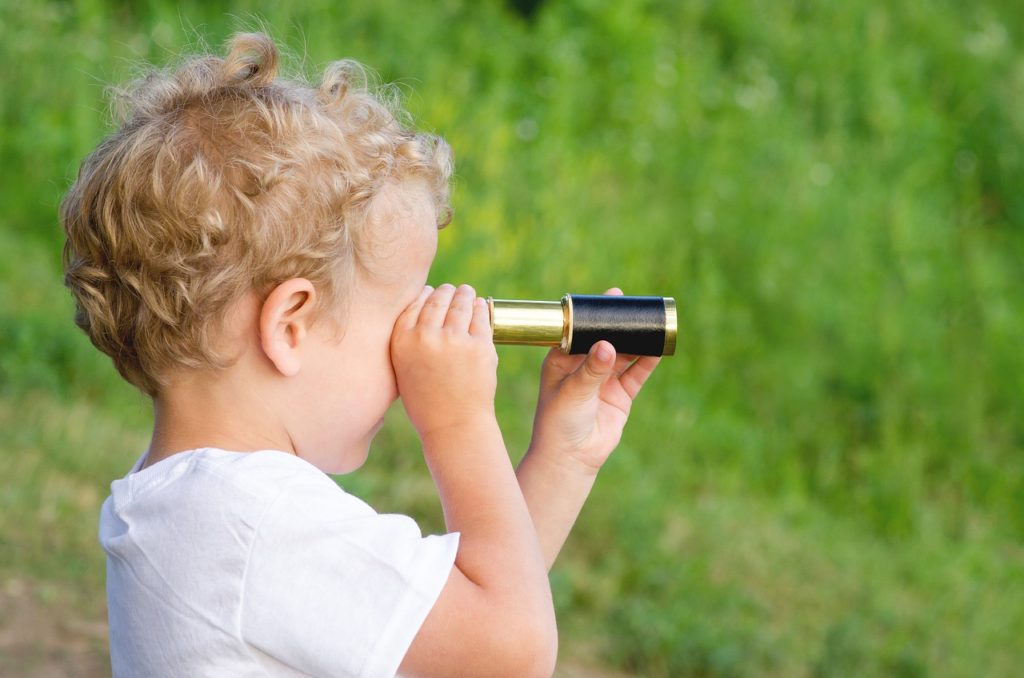
Science is a human activity. One implication of this statement is that science is done by humans. Chimpanzees do not do science. But neither does God… nor angels. Chimpanzees do not do science because they are incapable of doing so. God does not do science because He does not have to. Angels do not do science because it is not what they are called to do. Humans invented science and humans do science.3
A second implication of the statement is that science is an activity. Many students might think of science as a bunch of things a person has to memorize. In contrast, scientists themselves tend to understand science as a something scientists do—almost as if ‘science’ was a verb. A third implication is that since science is performed by humans, human nature plays an important role in science. For example, in our society, scientists are commonly portrayed as emotionless, unbiased seekers of truth. In fact, science is done by humans, and emotions are an essential element of being human.
Furthermore, bias has also been a part of every human who has ever lived. A person’s bias might be a correct one or an incorrect one, but there is no way that any human can have no bias at all. Scientists are not only emotional beings, they are also fallible and fallen. Scientists do make mistakes. And, although it would be nice if every scientist was seeking the truth, human nature being what it is, a fair bit of science is done for less than the best motives.
To Understand the Physical World…
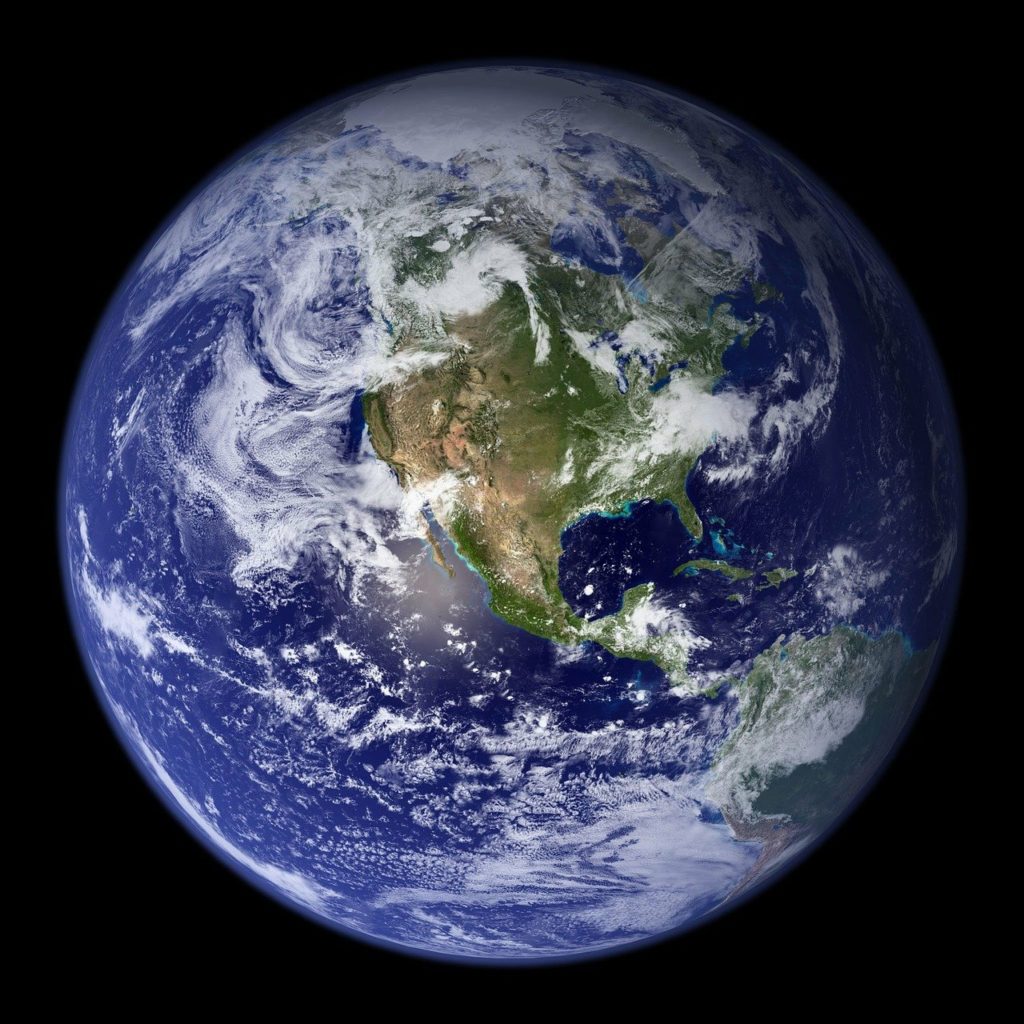
The purpose or goal of science is to understand the physical world. One implication of this is that pure science4 does not generate anything useful. Unlike many in our society may understand, science did not provide us with light bulbs, air conditioners, or cars. It is not used to build bridges or computers or cure disease. Pure science only attempts to understand how the physical world works. Inventions, engineering feats, and medical cures are examples of applied science. The applied sciences seek to modify the physical world for the benefit of humanity. The applied scientist may or may not base his or her inventions on knowledge derived from the pure sciences.
A second implication is that science focuses its attention on the physical world. Whereas another discipline, theology, seeks to understand God; science seeks to understand the physical world. This does not mean that science rejects the existence of anything else—even though naturalists (and many scientists) do believe that the physical world is all there is. It merely means that science focuses its attention on the objects of the physical world, many times ignoring everything else. Thus, whereas understanding is the purpose of science; the physical world is the object science—or said another way, the physical world is what science studies.
By Proposing Tentative Truths as Theories of Explanation…
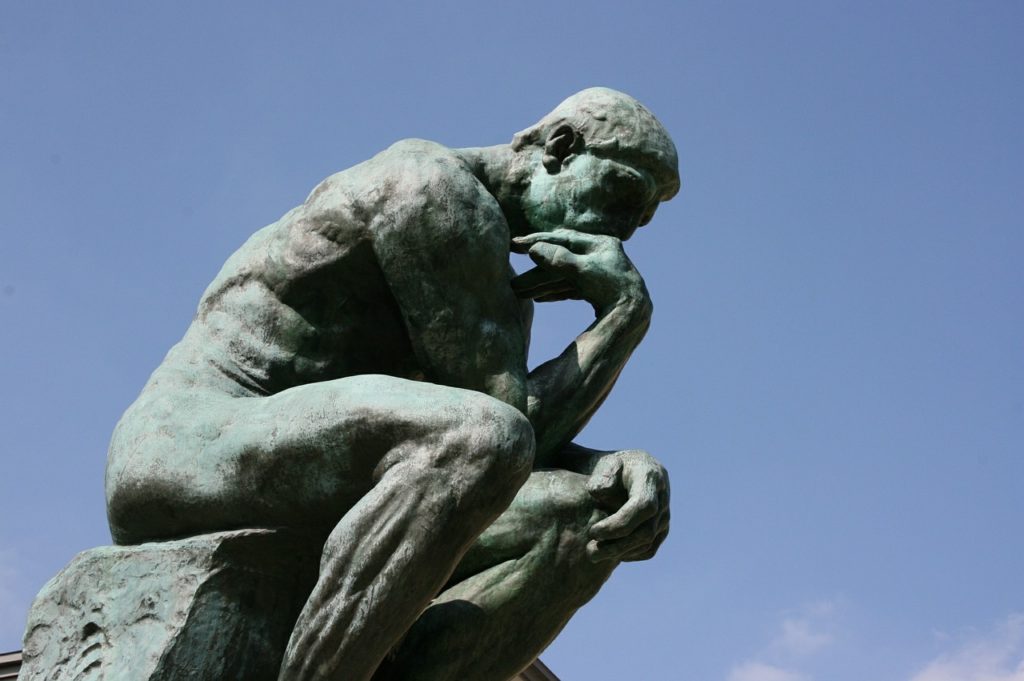
A common misconception of science is that it has something to do with proof and certainty.5 Rather, a better motto for science would be ‘you never know for sure’. In an effort to understand the physical world, a scientist makes an educated guess called a scientific theory. Any attempt to understand the physical world cannot be known for sure. We’ll never be able to test theories in every possible situation and at all possible times.6
Furthermore, you can never know for sure that something might be discovered which shows the idea to be wrong. As the late paleontologist Stephen Jay Gould (1941-2002) used to say, honest scientists must always fear the ‘mouse in Michigan’—that apocryphal mouse (that lived in the back yard of an elderly gentleman from Michigan) which falsified a highly celebrated theory about mouse behavior and humiliated the scientist who proposed it.
Reinforcing the idea of the tenuous nature of scientific theories is the turnover rate of scientific theories. New and better scientific theories are being suggested all the time, replacing older theories that are not as successful at explaining the world. Very few theories survive this process of modification for more than a few decades. None have survived for more than a few centuries. These short life spans for scientific theories suggest that every current theory of science may be wrong—in large or small part—and every scientist knows it. It may not be too far from the truth to say that every scientist prays that his or her theory is not shown wrong before he or she gets famous for proposing it…and if the theory is disproven that he or she be the one to show it wrong and become famous for its replacement theory! As a result of this, scientific theories of all types (e.g. hypotheses7, historical scenarios, mechanisms, laws8) must be accepted as only possible truths.
Theories remain theories for their entire existence—science itself cannot finally declare any scientific theory to be certainly true. Although a given theory might actually be true, there is nothing in science that alerts the scientist that that particular theory is actually true.9
And Valuing Fit With the Physical World…
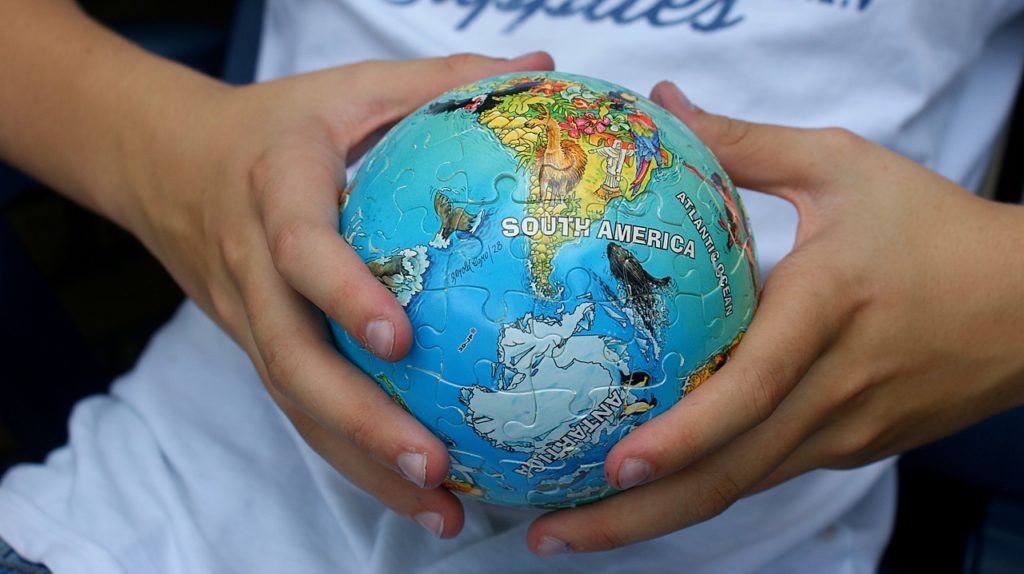
Any process seeking to discover truth requires some standard to determine which ideas should be held onto and which ideas should be rejected. In conservative Christianity, for example, the Bible is considered absolute truth because the God of Truth authored it.
Consequently, anything which does not compare favorably with the Bible is considered untrue. In science, the physical world is the standard of evaluating scientific theories. Scientific theories are created in an effort to explain the physical world. So, if a particular scientific theory is correct, or nearly correct, then the physical world should ‘behave’ in the particular manner expected by that theory.
Other ways this might be described is that the theory should ‘fit’ the physical world, or align with the physical world, or ‘explain’ the physical world. If the physical world is not the way the theory expects (i.e. the theory does not fit the physical world), then the theory should be considered untrue. Some scientists may consult additional standards of truth (Christians, for example, may consult Scripture), but the physical world is the standard that scientists accept across all the disciplines of science.
Stringing these characteristics together, Science is something humans do to understand the physical world, by proposing tentative truths as theories of explanation and valuing fit with the physical world.
When multiple theories are available to explain something in the physical world, theories are preferred that match the physical world best. Theories that explain more of the physical world are preferred over theories that explain less. Theories that can be tested (in other words, compared with the physical world) are preferred over theories that cannot be tested. Theories that have ‘passed’ more tests or more severe tests are preferred over theories that have only a few or easier tests.
Theories that fit better with other accepted theories are preferred over those that do not relate to anything else or conflict with other theories. Theories that have fewer internal problems (e.g. logical problems) are preferred over those with more. Even theories that lead to further research into the physical world are preferred over those that do not lead to other investigations.
Science is something humans do to understand the physical world, by proposing tentative truths as theories of explanation and valuing fit with the physical world.
Kurt Wise, 2018
Footnotes
- Philosophers of science are those whose job would include creating a definition of science. ↩︎
- In most educational materials (at all grade levels) science is defined improperly. Since students are often required to memorize these inaccurate definitions, most people have adopted inaccurate definitions of science. ↩︎
- As shall be discussed later in the text, humans invented and do science in order to fulfill the task that God assigned humans in the creation. ↩︎
- Pure science is also known as ‘natural science’, or even ‘modern science’. ↩︎
- The commonness of the phrase ‘proven by science’ illustrates the association of science and proof. ↩︎
- It is possible for a scientific theory to be shown to be false (if data of the physical world is contrary to the theory), but since a theory cannot be tested everywhere, at all times, under all circumstances, a scientific theory cannot be proven to be true. ↩︎
- Whereas it is commonly taught that a ‘scientific hypothesis’ is an untested theory, the term ‘scientific hypothesis’ is rarely used by scientists, and when it is used it is not restricted entirely to untested theories. Actually, hypothesis and theory are used interchangeably by most practicing scientists. ↩︎
- Whereas it is commonly taught that a scientific theory becomes a ‘scientific law’ with enough testing, scientific (or ‘natural’) laws are actually one very specific type of theory. A natural law is a regularity of the universe—something that is supposed to operate across all space and time. A theory that suggests no regularity for the entire universe can never become a law. Furthermore, a claim about a regularity of the universe is especially impossible to test over the entire universe for all of time. Natural laws cannot be proven and must always retain the status of tentative truths. Scientific or natural laws are thus nothing more than a particular type of scientific theory and must always remain a particular type of scientific theory. ↩︎
- It is even questionable whether scientific claims can be legitimately arranged in order of increasing likelihood of being true. It is often believed that theories that have successfully survived many tests are somehow more likely true. For example, it is commonly taught that a scientist first makes an educated guess known as a scientific hypothesis, which, upon successfully testing, becomes a scientific theory, which in turn, upon more successfully testing, becomes a scientific law. There is an implicit suggestion that hypotheses, theories, and laws have increasing likelihoods of being true. However, if one ‘mouse in Michigan’ can prove a theory wrong, then just before the mouse was discovered was the theory more likely to be true just because the theory had successfully survived many tests before that? No, testing does not make a theory more or less true. It is either true or false and testing will not change that. ↩︎
The author, Dr. Kurt Wise, has graciously granted New Creation permission to publish selected sections from Devotional Biology: Learning to Worship the Creator of Organisms. To purchase a copy, please visit our online store.




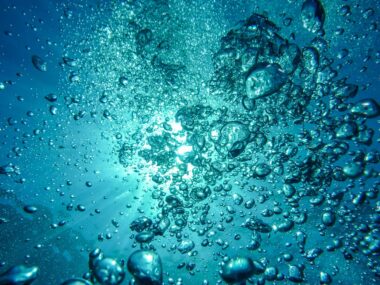
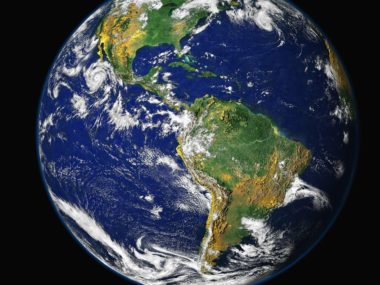

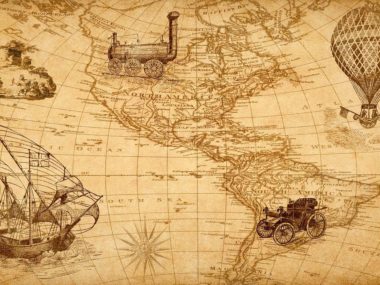




A important idea to introduce to creationists is indeed what is science. A great article here.
i say the bible never mentioned science. it talked about wisdom, understanding, knowledge. So science does not exist.
its only a term to describe conclusions that have been proven or very close.
science is simply a high standard of investigation that can demand confidence in its conclusions.Or in court its the CRIMINAL standard of investigation and not the civil. its about the quality of evidence.
Science has nothing to do with the hunch or guess before the methodology standard is begun.
This is why evolutionism is not science.
Its not a high standard of evidence for the processes it claims to prove. its no evidence. its all about other evidences AFTER THE FACT of the process.
its all about geology/fossils, comparative anatomy and genetics, biogeography, minor selectionism within species but never making a new species or show the new name. All these subjects don’t deal with biology processes as acting but only after having acted. This is not science for a hypothesis on the process.
Evolutionism has never been scientific and why its still around. The scientific method is not involved after all. Indeed difficult but too bad. Don’t say evolutionism is science.
Apostle Paul seems to say that General Revelation makes self-evident the possibility of miracles (Romans 1:20).
Apostle Paul seems to say that General Revelation makes self-evident the possibility of miracles (Romans 1:20). If one were to claim that he does not even imply this, then what must oneself being implying as to what one thinks he is even *outright* saying?